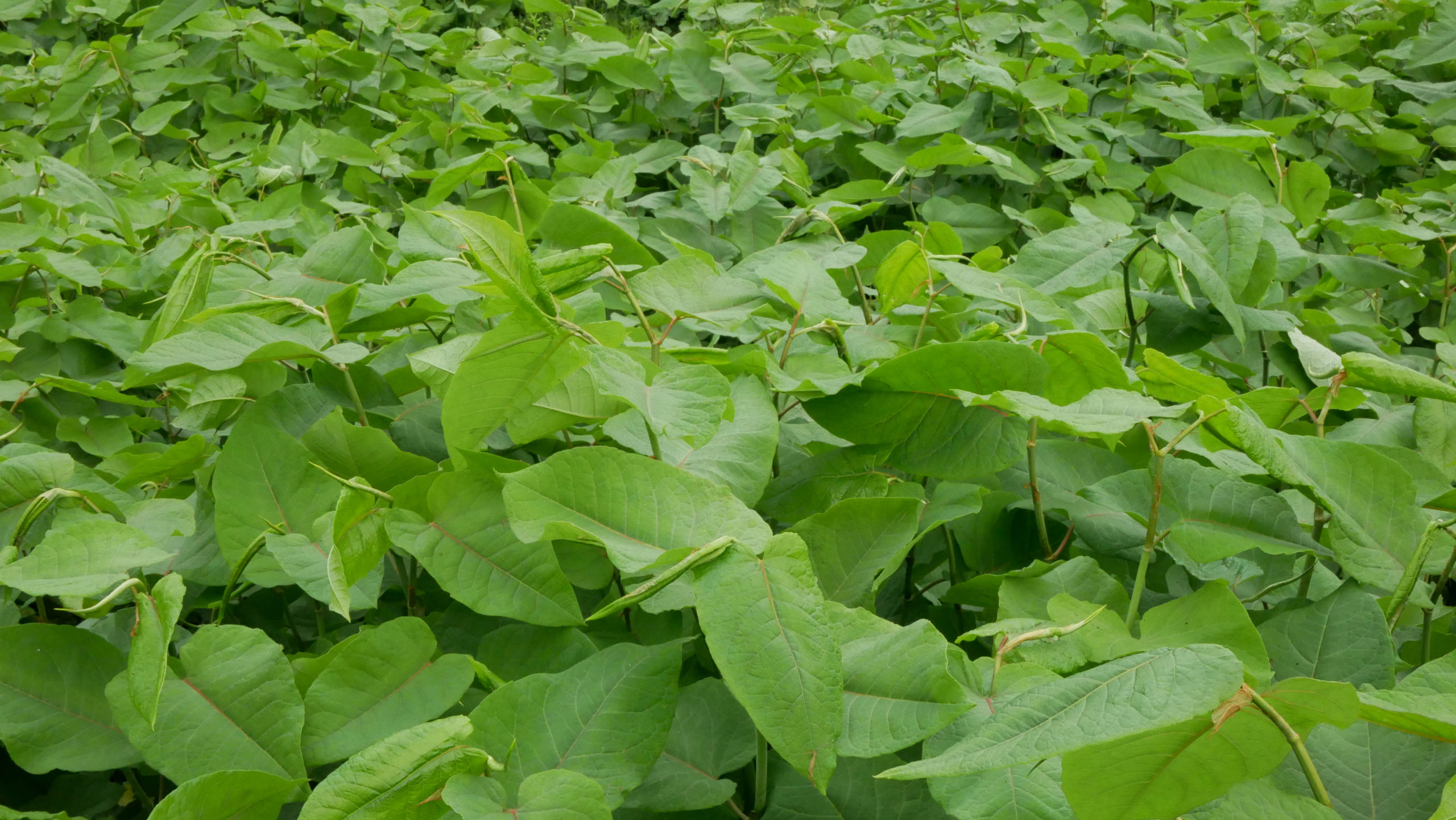Sorry to be the bearer of bad news, but Japanese knotweed can be disastrous for your property in Southend and so there are some important things you need to know!
Although not toxic to humans, this aggressive plant can seriously damage your home. Every homeowner should understand how to identify the plant, and how to eradicate it from their property successfully.
This is particularly relevant if you are in the process of selling your home in Southend. As the seller, if you have Japanese knotweed, you are obligated to inform your buyer of your knowledge of the plant on your property’s land – a responsibility put in place to help stop the spread of Japanese knotweed.
What is Japanese Knotweed?
Originating from eastern Asia, Japanese knotweed was brought to the UK in the 1840s.
It is a highly invasive plant that thrives wherever there is a water source. Across the UK, it is rife near lakes and along riverbanks. However, it is also unfortunately common in residential gardens.
Japanese knotweed can be extremely difficult to spot, as to the amateur gardener, the plant looks remarkably like many other weeds present in our gardens. One of the unique characteristics of Japanese knotweed is its heart-shaped leaves, which are generally around 10cm in length. The spring shoots of Japanese knotweed are distinctive in their deep red and purple colouring.
What are the Dangers of Japanese Knotweed?
Luckily, Japanese knotweed is entirely harmless to humans. It is not toxic and will not hurt humans or animals if they are in contact with, or even ingest the plant. However, it is incredibly damaging to the environment and can cause devastating destruction to human-made and natural landscapes.
Japanese knotweed is known to have destroyed robust, vital structures such as flood defences and railway lines. So, if found on a residential property, it must be dealt with immediately.
There are no natural predators of Japanese knotweed, so the plant can quickly grow out of control. It develops a massive root system, which spreads underground without us realising. Meaning, it can easily destroy drainage systems and the foundations of buildings.
Is Japanese Knotweed Illegal?
Whilst it is not illegal to simply have the plant on your land, it is your responsibility as a homeowner to ensure the plant, and its dangers, do not spread to your neighbours and around your local area.
How do I Get Rid of Japanese Knotweed?
Homeowners are not under a legal duty to remove the plant from their land. But you could face a hefty fine if you choose to remove, and do not dispose of it safely. This is why it is always preferable to hire a professional to deal with the issue.
There are two common ways to get rid of Japanese knotweed. The first is with a chemical treatment. Although this can be highly effective, it can actually take several years to kill the plant due to its extraordinarily fast-growing and durable nature.
Alternatively, you may decide to dig up, physically remove and bury the plant elsewhere. In which case, you must use an authorised landfill or disposal site.
If not disposed of correctly, the plant will simply begin to regrow and cause even more issues. The vehicle used to transport it must be jet washed afterwards to reduce the plant’s revival chances.
Japanese Knotweed Is Your Responsibility
The first rule as a homeowner is to be honest.
Pretending you were not aware of Japanese knotweed existence on your land can have serious repercussions later down the line. As the seller, you can get into a legal battle should it become an issue for the new owners. As a buyer, the existence of Japanese knotweed can affect your mortgage entitlement.
Can Japanese Knotweed Affect My Home’s Value?
Unfortunately, it can drastically affect the value of your home. If the problem has been left to develop, there could be substantial structural damages, meaning the house could be worth significantly less than you imagined.
Luckily, if caught in the early stages, Japanese Knotweed is not ridiculously expensive to deal with. The professionals know how to eradicate and dispose of the plant, ensuring it does not return to your property.
Japanese Knotweed and Purchasing a New Home in Southend
If a home seller is aware of Japanese knotweed on a property, they are under a legal obligation to declare this on the property documentation.
So, as a new buyer, when you are finalising the documents, you will be aware of the plant’s presence. If you are the seller, you must declare the presence of Japanese knotweed. Mortgage lenders will require proof that the knotweed will be eradicated before finalising any mortgage agreement.
This doesn’t necessarily mean they will not offer a mortgage to a home with Japanese knotweed, but that they will want to see a professional eradication plan in place before guaranteeing the property.
If you are thinking of selling in the Southend area, call BM Property Agents on 01702 596027 or email us at barry@bmpropertyagents.co.uk for an appraisal of your home.






